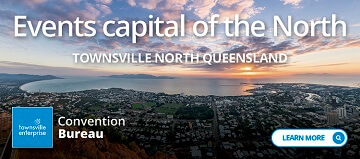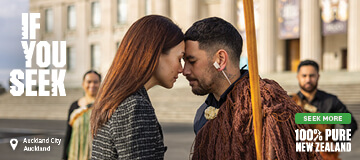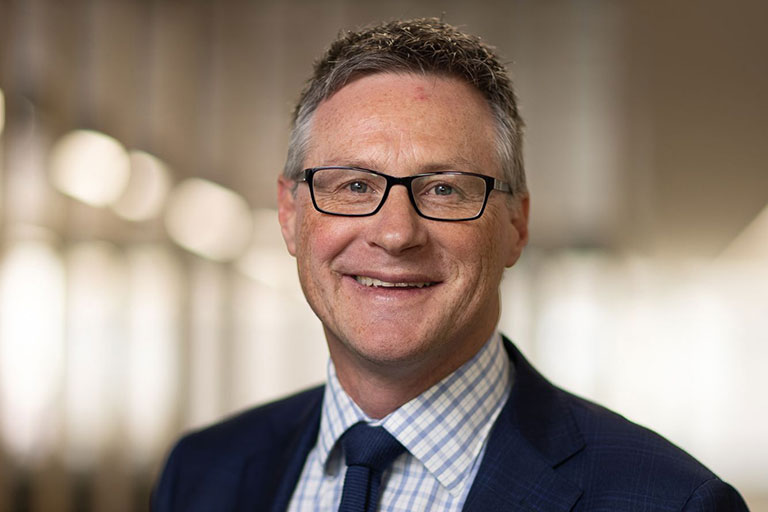For years, much of the talk around Adelaide as a business events host has focussed on its intellectual credentials: Adelaide’s Bio Med City, which will soon host the Southern Hemisphere’s first proton therapy centre, features prominently, as does innovation districts Lot Fourteen and Tonsley.
That could be – and perhaps should be – about to change.
The last time South Australia’s capital hosted Dreamtime in 2015, the city was, by and large, introducing itself to much of the incentive market.
“We were new to corporate incentives and… [Dreamtime 2015] was just a wonderful opportunity to increase our profile and brand because we were so new,” says Kitto.
“2015 was really important to explain this is what Adelaide can offer. It was incredible how agents who we hosted back then and their respective clients were interested in Adelaide.”
Kitto said Adelaide secured a few medium and large Chinese groups as a result of Dreamtime 2015. But those groups took some years to materialise, placing their travel dates in 2020. Cue pandemic, which, of course, saw those groups cancel their Adelaide incentive plans, followed by post-lockdown economic recovery for South Australia and a strong focus from Business Events Adelaide on leveraging a domestic market bursting with pent-up demand to gather, and here we are.
“Now it’s the opportunity of really growing our international pipeline,” says Kitto.
“We know we’ve got the products and the experiences and infrastructure for corporate incentives so when the opportunity came up to bid to host Dreamtime in 2023, we absolutely jumped at it.”
Adelaide and its surrounds has long had many of the fundamentals of an incentive destination – its wine credentials alone make it a unique visitor experience, and the proximity of the state’s wine-growing pockets to Adelaide tick the ease of access requirements for organisers. Throw options like Kangaroo Island and day trips to “seafood capital” Port Lincoln into the mix and a multifaceted incentive proposition emerges.
Even over the last few years, Adelaide’s offering has increased. Several luxury hotels have opened, including Eos by SkyCity and Oval Hotel in 2020 and Sequoia and Sofitel Adelaide in 2021, and others are on the way – a Marriott will open in the city’s historic GPO building next year and a Hyatt Regency is expected to debut in the city in 2025.
Kitto is keen to emphasise Adelaide remains a small city and he believes that’s part of its attraction.
“We’re not a gateway city. We’re a boutique city, we’re a small city with big infrastructure. We’re clean and green, we’re very walkable, we’re very safe, we’re a city in the park and all of our regional experiences are very close. The food, particularly the seafood, and the wine [are] second to none.
“The beauty of Dreamtime is to bring people into your own backyard in order to meet the people, in order to understand the experiences and the opportunities available.
“You can only go into market so much,” says Kitto, adding that firsthand experience of Adelaide is a powerful way to seal the deal. “Our conversion rate goes up significantly,” he says, when organisers and decision makers come to Adelaide to see it for themselves.
“Dreamtime’s such an important opportunity at this moment in time for Australia because we know all of these markets and particularly Asia just can bring so much business into Australia.”




















